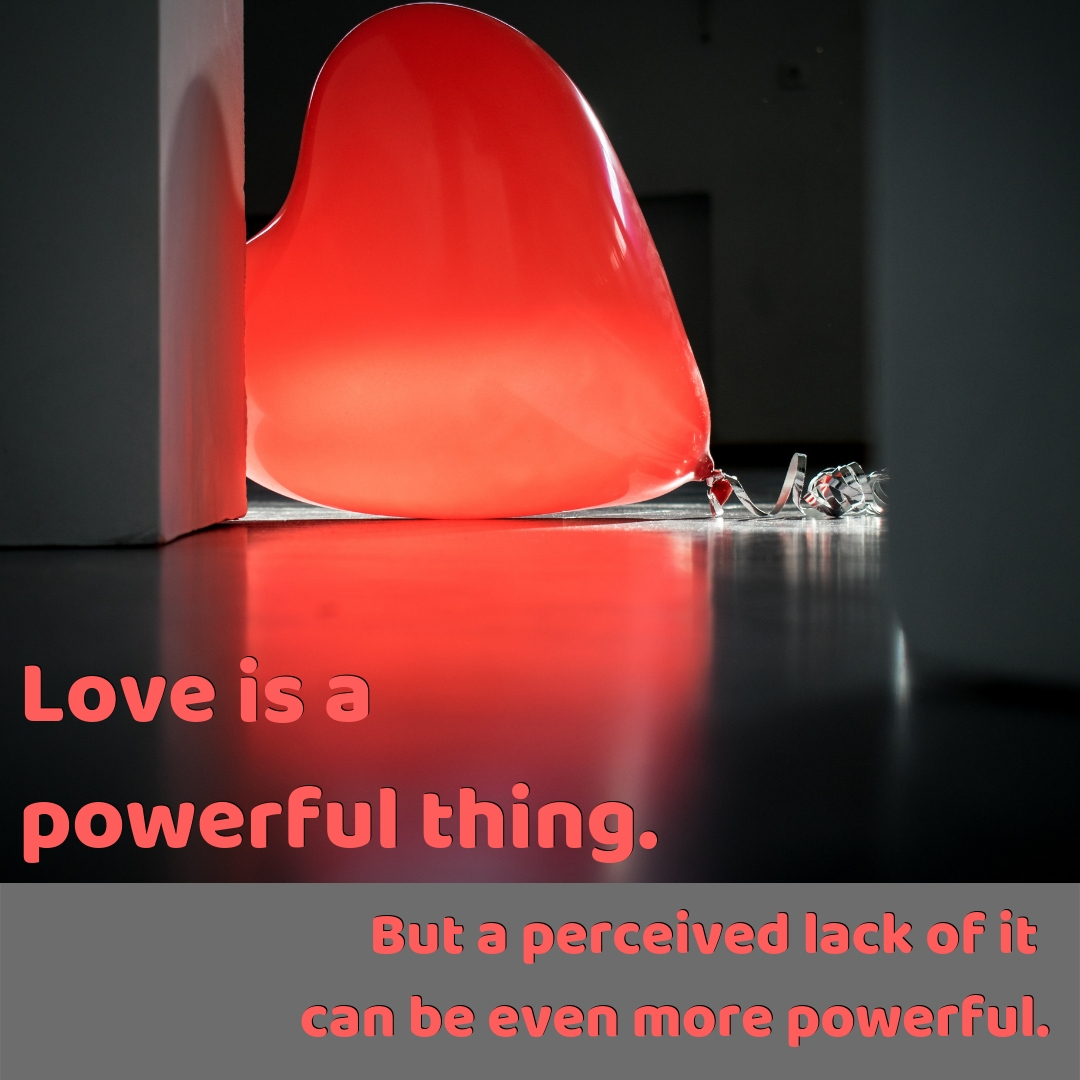Perashat Vayesheb 5779
Home > Rabbi's Weekly Message > Perashat Vayesheb 5779
Perashat Vayesheb 5779
Friday, November 30, 2018 Love is a powerful thing. However, a perceived lack of love might be even more powerful.
Love is a powerful thing. However, a perceived lack of love might be even more powerful.
Yaakob's uneven love for Rachel and Leah sets the stage for much of the drama that unfolds. The names of at least six of his children are largely influenced by that love and attention. Reuben is called by that name as if to say, "Hashem has seen my humiliation, for now my husband will truly love me". The same can be said of Shimon, who is called by that name for "Hashem has heard that I am unloved". Indeed, Levi, Gad, Yissachar and Zebulun are all variations of the same theme! Their names speak to the fact that Leah felt that Yaakob loved Rachel more and Leah's longing to be loved in the same way.
Our Perasha begins no differently for the children of these same Imahot, Mothers of the Jewish Nation.
"Vyisrael ahav et Yosef Mikol banav ki ben zekunim hu lo".
And Yaakob loved Yosef more then all his sons for he was the son of his old age, and he made him a coat of fine wool.
The Torah then continues and tells us that the brothers hated Yosef, Rachel's son, because he was more beloved by their father. The unfolding saga is well known, with drastic action taken by the brothers.
The Talmud says it clearly, mincing no words:
And Rava bar Meḥasseya said that Rav Ḥama bar Gurya said that Rav said: A person should never treat one of his sons differently than the other sons. Because it was due to the weight of two sela of fine wool that Jacob gave to Joseph, beyond what he gave the rest of his sons, his brothers became jealous of him and the matter unfolded, and our forefathers descended to Egypt. (Talmud Shabbat 10b)
Astounding.
One of the challenges with the Gemara's advice is its practical application. One of my children might need more time and focus, but another might be a self-starter and more capable. One child might need a loan, and the other might be doing well in business! Do I deny the struggling child the time they so desperately need in order to keep it fair?! Treating them the same doesn't seem to make sense.
The answer lies in a more nuanced look at the Gemara.
One thing is certain; it was not about the wool. It was about love, or the perceived lack of it.
When the Pasuk tells us that the brothers hated Yosef it makes no mention of the coat. It only talks about the feeling that came with it, that their Dad loved him more.
What you give to your children is less important than how you gave it to them. In fact it shouldn't be the same. Your teenage son doesn't need to get a Peppa Pig doll for Hanukkah because that's what you gave his baby sister.
We don't need to GIVE equally. We need to LOVE equally. If they feel that they are loved equally, it won't matter what they get.
As parents, the Gemara is teaching us we have such power in our hands when we treat children properly and ensure that they feel loved enough to become secure, happy and confident adults. The results are well worth the thoughtful effort.
Think about what things you can say or do for each one of your children individually, so that they will know unequivocally, that they are ALL the apple of your eye. Or perhaps better said, the apples of your eye.
Do it now. You'll thank me later.
Shabbat Shalom,
Rabbi Shlomo Farhi
Jan 19 2026
Shebat 1 5786
